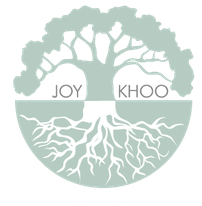“I really nap a lot. Usually I get sleepy right after lunch, pop down on the sofa and doze off. Thirty minutes later I come wide awake. As soon as I was sup, my body isn’t sluggish and my mind is totally clear.”
– Haruki Murakami
There’s a chapter dedicated to “Nap” in the book “Rest” written by Alex Soojung-Kim Pang. It’s my favorite chapter as it’s inspired me to take daily naps in the afternoon for 20 minutes for past five years. I love this ritual of allowing my body to rest and reset.
This chapter on napping highlights leaders like Winston Churchill who had a daily habit of taking naps. It was essential for Churchill to maintain his mental balance, renew his energy and revive his spirits, especially during World War 1.
According to neuroscientists, regular napping can improve memory in addition to boosting alertness. In addition, some creatives like Dali and Edgar Allan Poe have used naps to generate insights and to explore the ideas that emerge at the boundary between consciousness and sleep.
Recently, I had a conversation with a friend about my napping ritual and his response was “wow, I wish I could take a nap, as I could benefit from this but I have back to back meetings. The other day I had an afternoon meeting and I don’t remember what happened during this meeting as I was so tired.” Am saddened to see that in much of the world, taking naps seems to be quite the luxury. We live lives that ignores our body’s clocks and we push on even when we really need to pause and recover.
What would it be like if we listened to what our body needs and we had systems that would be supportive of that?
“If we do not allow for a rhythm of rest in our overly busy lives, illness becomes our Sabbath – our pneumonia, our cancer, our heart attack, our accidents create Sabbath for us.”
– Wayne Muller
